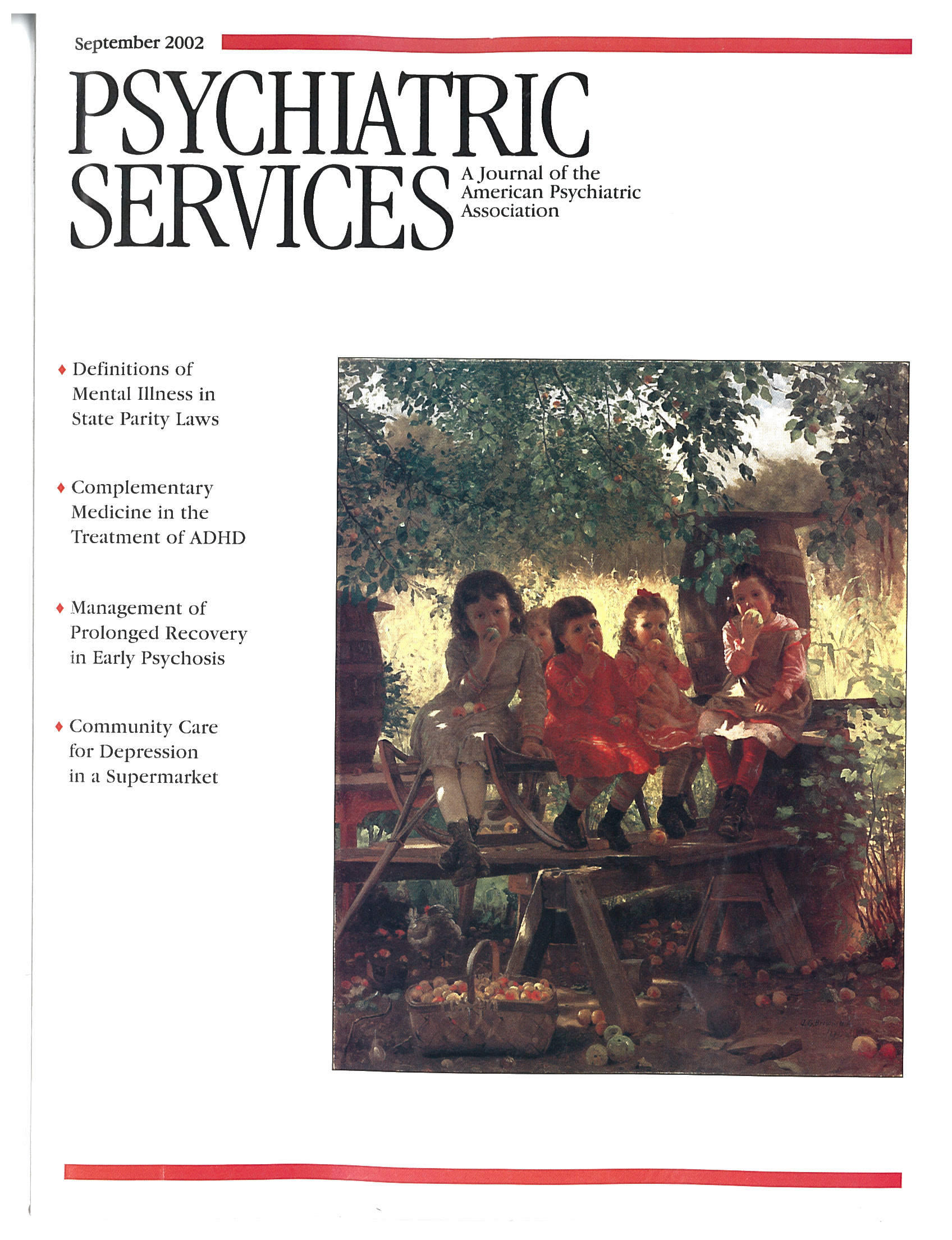Does this century bring us closer to a new Age of Enlightenment? With a view around the corner, would we see a convergence of the worlds of science—the subatomic domain of quantum physics, the machine realm of the computer, and the meaty dominion of the human brain? We await this century's Galileo and a new worldview. As in previous centuries, significant scientific shifts can change the prevailing understanding of deeper human issues: free will, consciousness, and God. This book addresses the multiple fields of science converging beyond the territory of science fiction and new-age mysticism into the laboratories of MIT, NASA, and IBM.
Dr. Satinover, a psychiatrist, presents research from numerous fields in a convincing, challengingly factual, and scientifically seductive manner. He tactfully provides scientific theories and findings while also providing a complement of logic games, robot diagrams, and even a recipe tempting us to use our childhood chemistry sets to "try at home" the experiment of Belousov-Zhabotinsky's oscillating chemical reaction. The author's strategies engage the reader.
In the first of two parts, titled "The Quantum Brain," Satinover uses history to guide us through scientific developments, moving us from logic-based expert systems—the structure for the PC upon which I am typing—to biologically inspired computation systems with a bottom-up, multilayered format, mirroring the neocortical system with which you are reading. He teaches a history lesson on the dynamics of the scientists themselves with a keen awareness and description of research politics. Satinover negotiates the rough and varying scientific terrain with ease, guiding the reader into an understanding of the connections between neural self-organization and universal order. Shifting the paradigm of the brain as a deterministic machine, he shows us a human brain that "is proving to look like a self-organizing computer that teaches itself and learns by experience," following the nonlinear dynamics of a "deterministic" chaos theory, which would allow for free will.
In part 2, titled "Miracles," Satinover takes the reader from the illusion of freedom, using the Heisenberg uncertainty principle not just as a metaphor but also as a framework for allowing free will at the macro level of the human—and perhaps of the future artificial—brain, an organ designed to capture quantum effect and amplify these internal effects "upward." He deduces that the human brain is not an instrument of mechanical determinism but a structure whose quantum indeterminism allows for free will. Satinover ventures further into the uncertain territory of the big questions, offering that it is through the quantum mechanisms of the brain that one finds consciousness and perhaps also the "essences" of God.
This book's effectiveness requires an investment on the part of the reader to follow Satinover over challenging scientific topographies. However, the adventure can be well worthwhile because it offers a superb view—less the clouds of uncertainty—of a landscape that joins fluid dynamics, neuroanatomy, biochemistry, and computer science. This scholastic endeavor provides not only a timely, scientifically based format for bringing together the fields of neuroscience, biological computation, and quantum physics but also a glimpse into a potential major change for our age with profound ramifications in our evolution—a glimpse of a reflection of ourselves, our future, and perhaps our understanding of God.
As with many who strive as pioneers to lead out of a scientific dark age those who cannot see, Satinover has made convincing arguments and philosophical conclusions, joining multiple disciplines, with the hope that the reader will follow and see. As with others who strive as pioneers to step beyond the frontier of scientific scrutiny, we do not know if their hypotheses will be proven true. In the end, there remains an ironic a priori gap of uncertainty, requiring a leap of faith. For enlightenment, we freely wait for both Galileo and Godot.

